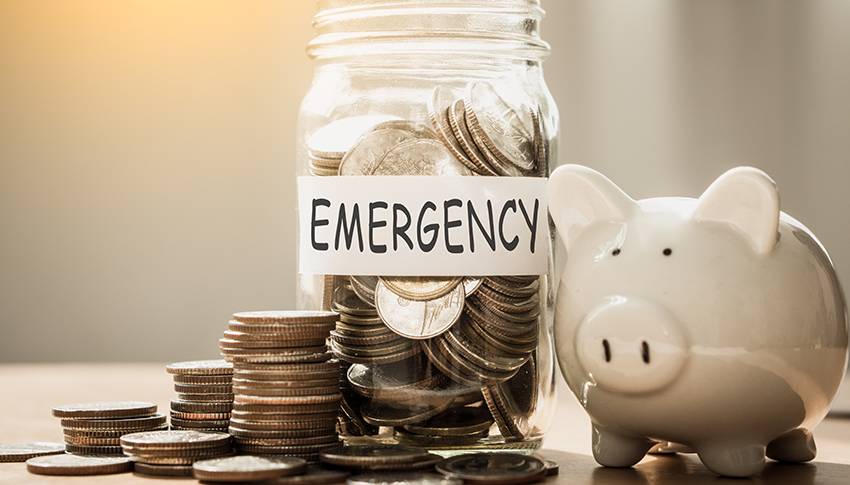An emergency fund is a financial safety net that provides a cushion during unexpected and challenging times. Whether it's a sudden medical expense, car repair, or unexpected job loss, having an emergency fund can make a significant difference in your financial well-being. Here's why an emergency fund is crucial and practical steps on how to build one:
m
Importance Of Emergency Funds:
1. Financial Security: An emergency fund provides a sense of financial security, knowing that you have funds set aside for unexpected expenses.
2. Preventing Debt: Without an emergency fund, unforeseen expenses may lead to borrowing money or using credit cards. Having cash reserves helps avoid accumulating debt during challenging times.
3. Job Loss or Income Interruption: In the event of job loss or a reduction in income, an emergency fund can cover essential living expenses until a new income source is secured.
4. Peace of Mind: Knowing that you have a financial buffer can reduce stress and anxiety during unexpected situations, allowing you to focus on finding solutions rather than worrying about immediate financial needs.
5. Avoiding Liquidation of Investments: In emergencies, having readily available cash prevents the need to liquidate investments at unfavorable times, allowing your long-term investments to continue growing.
How To Build An Emergency Fund:
1. Set a Realistic Goal:
Define a target amount for your emergency fund. Aim for at least three to six months' worth of living expenses, considering your lifestyle, income stability, and any specific risks or uncertainties.
2. Start Small, Be Consistent:
Begin by setting aside a small amount regularly. Consistency is key, so establish a monthly savings goal that aligns with your budget, even if it's a modest amount at first.
3. Automate Savings:
Make the process easier by automating your savings. Set up automatic transfers from your checking account to a dedicated savings account. Treating it as a fixed expense ensures regular contributions.
4. Cut Unnecessary Expenses:
Identify non-essential expenses in your budget that can be reduced or eliminated. Redirect the money saved toward your emergency fund. Small lifestyle adjustments can contribute significantly over time.
5. Use Windfalls Wisely:
Direct unexpected windfalls, such as tax refunds, bonuses, or gifts, toward your emergency fund. While it might be tempting to spend these sums, using them to boost your financial safety net is a wise choice.
6. Prioritize High-Interest Debt:
If you have high-interest debt, consider paying it down while simultaneously building your emergency fund. This strategy helps you save on interest payments while working toward financial stability.
7. Review and Adjust:
Regularly review your budget and adjust your savings goals as your financial situation changes. Reevaluate your emergency fund target based on major life events or shifts in income.
8. Preserve Discipline:
Maintain discipline in using your emergency fund. It's essential to distinguish between genuine emergencies and non-urgent expenses. Reserve the fund for situations that genuinely threaten your financial stability.
Building an emergency fund takes time and discipline, but the financial security it provides is invaluable. By establishing a realistic goal, staying consistent, and making prudent financial choices, you can create a robust emergency fund that serves as a pillar of stability in uncertain times.



No comments yet
Be the first to share your thoughts!